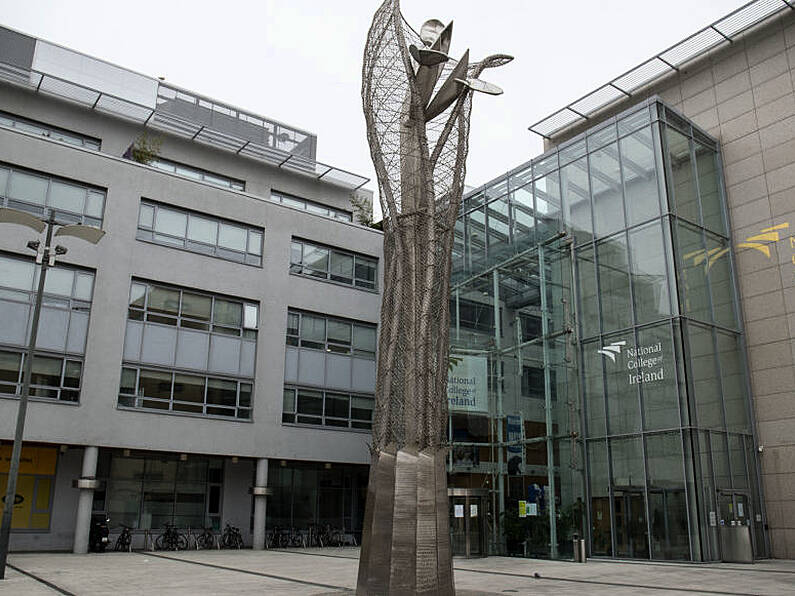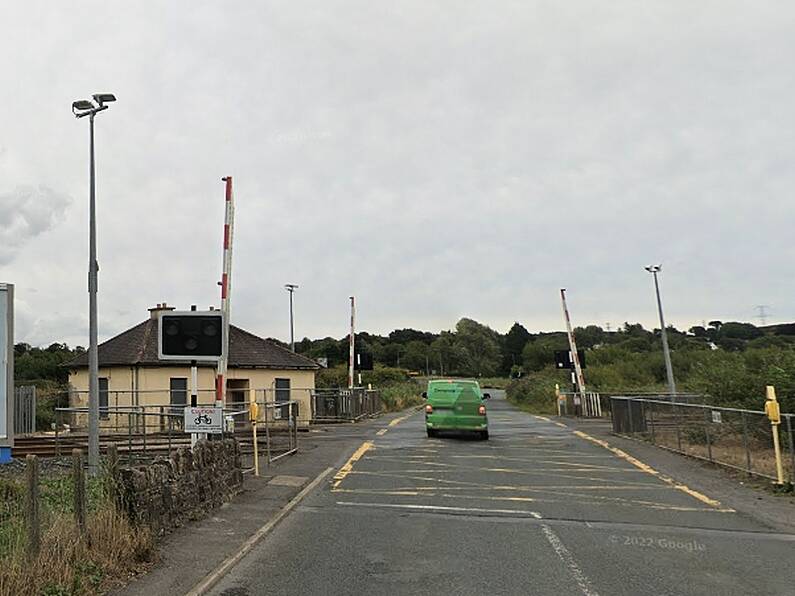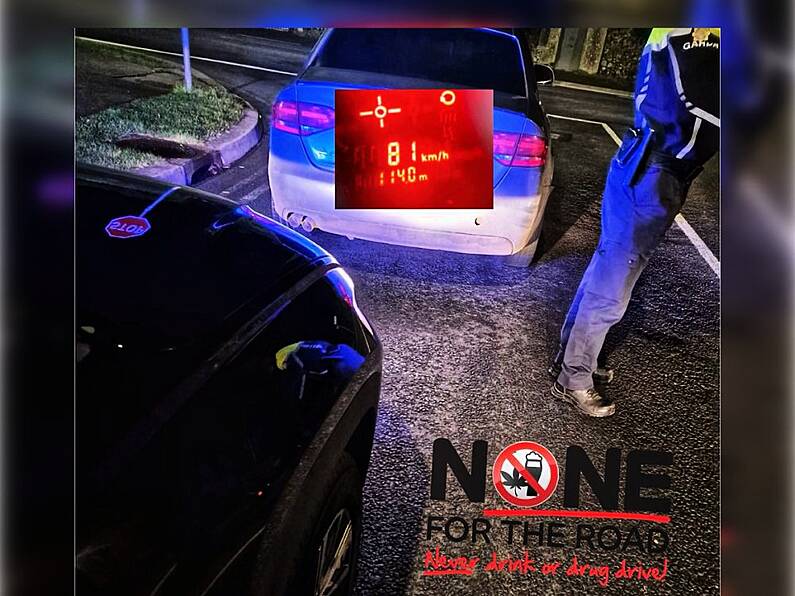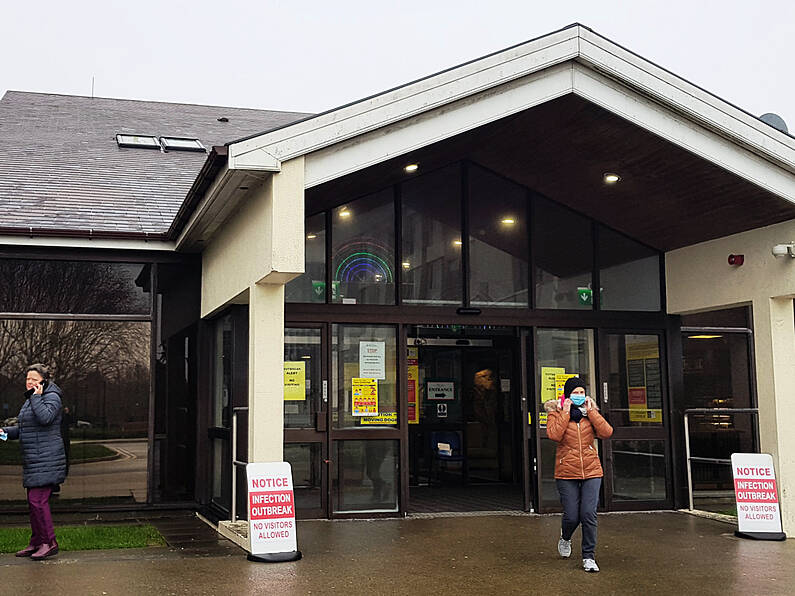A student at the National College of Ireland in Dublin choked to death after eating food while lying in bed, an inquest has heard.
A sitting of Dublin District Coroner’s Court was told that Zuwei Yang, a 22-year-old Chinese student, suffered a cardiac arrest after struggling to breathe in his apartment at the NCI’s student accommodation building on Mayor Street, Dublin 1 on January 6th, 2020.
Mr Yang was pronounced dead at the Mater Misericordiae University Hospital just before midnight despite efforts to resuscitate him.
The inquest on Tuesday also heard evidence that the victim was in cardiac arrest for around an hour and a half before arriving at the hospital as there was a delay in transporting him to the Mater due to the unavailability of ambulances on the night.
Postmortem results showed food debris and vomit were found in his airway, although there was no large single piece of food blocking it.
A pathologist, Conor O’Keane, said Mr Yang had tested negative for alcohol and drugs, while there was no evidence that he had suffered any type of anaphylactic shock from an allergic reaction to some type of food.
Prof O’Keane said it was striking that the deceased had 19 different Chinese medications in his possession, most of which were over-the-counter medicines, but it was unclear which of them he was actively taking.
Although two of the medications have been linked to potentially causing sudden cardiac death, Prof O’Keane said he was satisfied that he could exclude it as being how Mr Yang had died.
He agreed with the coroner, Aisling Gannon, that the manner of his death from choking was “rare but well recognised.”
The pathologist said the evidence supported the theory that he had been lying down and that there was a gradual change in his breathing difficulties which also indicated that he had not choked on a large single piece of food.
A consultant in emergency medicine at the Mater, Gerard O’Connor, also confirmed that no obstruction of the deceased’s airway with food had been found during efforts to resuscitate the student.
Dr O’Connor said what happened was a “particularly tragic event” for an otherwise fit and healthy young man.
Another student and friend of the deceased, Jaiqi Sun, said he and the deceased’s girlfriend were in Mr Yang’s apartment that evening after they had an exam earlier in the day.
Mr Sun said his friend was lying on his bed and asked his girlfriend to get his mobile phone as he wanted to check his heart rate.
However, Mr Sun said Mr Yang was unable to finish his sentence and started to make strange noises.
He said his friend was struggling to breathe, and they started CPR on him.
The witness recalled seeing Mr Yang turn purple while he also had a strange expression on his face.
The inquest heard that a 999 call for an ambulance was first made by the deceased’s friends at 10.17 pm.
Although his case was classified as “high priority”, they were informed no ambulance was available.
A further emergency call was made at 10:46 pm, but ambulances were still unavailable, although a Dublin Fire Brigade unit with paramedics was dispatched to the scene and arrived at 10.51 pm.
The inquest heard an ambulance eventually brought Mr Yang to the Mater arriving at 11.45 pm.
The inquest heard an NCI security guard and trained first responder, Niamat Ullah Khan, was only alerted to the incident around 30 minutes after Mr Yang first became unwell.
NCI’s commercial manager, Bertie Kelly, said Mr Yang could have been attended to earlier if the college’s protocol had been followed.
Mr Kelly explained that students were informed at induction that details of NCI’s accident emergency plan were posted on the door of all rooms in the student accommodation building with a contact number in red letters for any emergency.
Although the signs are only in English, Mr Kelly said students had to have a certain proficiency in the language to attend NCI courses.
Mr Kelly said the security guard would have been able to attend to Mr Yang much earlier if the protocol had been followed.
However, he believed the deceased’s friends were “very distressed and traumatised” by what had happened.
The inquest heard that after being initially informed that an ambulance was unavailable for their friends they had contacted their course guide based in China who subsequently contacted NCI staff who in turn alerted Mr Khan.
In reply to questions from the coroner, Mr Kelly said the protocol had served the NCI well and Mr Yang’s death was the first tragic incident at the college in 17 years.
Mr. Kelly said the NCI had not carried out any review of the incident as the student accommodation building was privately owned, while management of the facility had also been taken over by a private firm from the college.
He observed that Mr Yang had died as a result of a “very unfortunate set of circumstances.”
Ms Gannon returned a verdict of accidental death based on the evidence.
By Seán McCárthaigh
Keep up to date with all the latest news on our website Beat102103.com.






